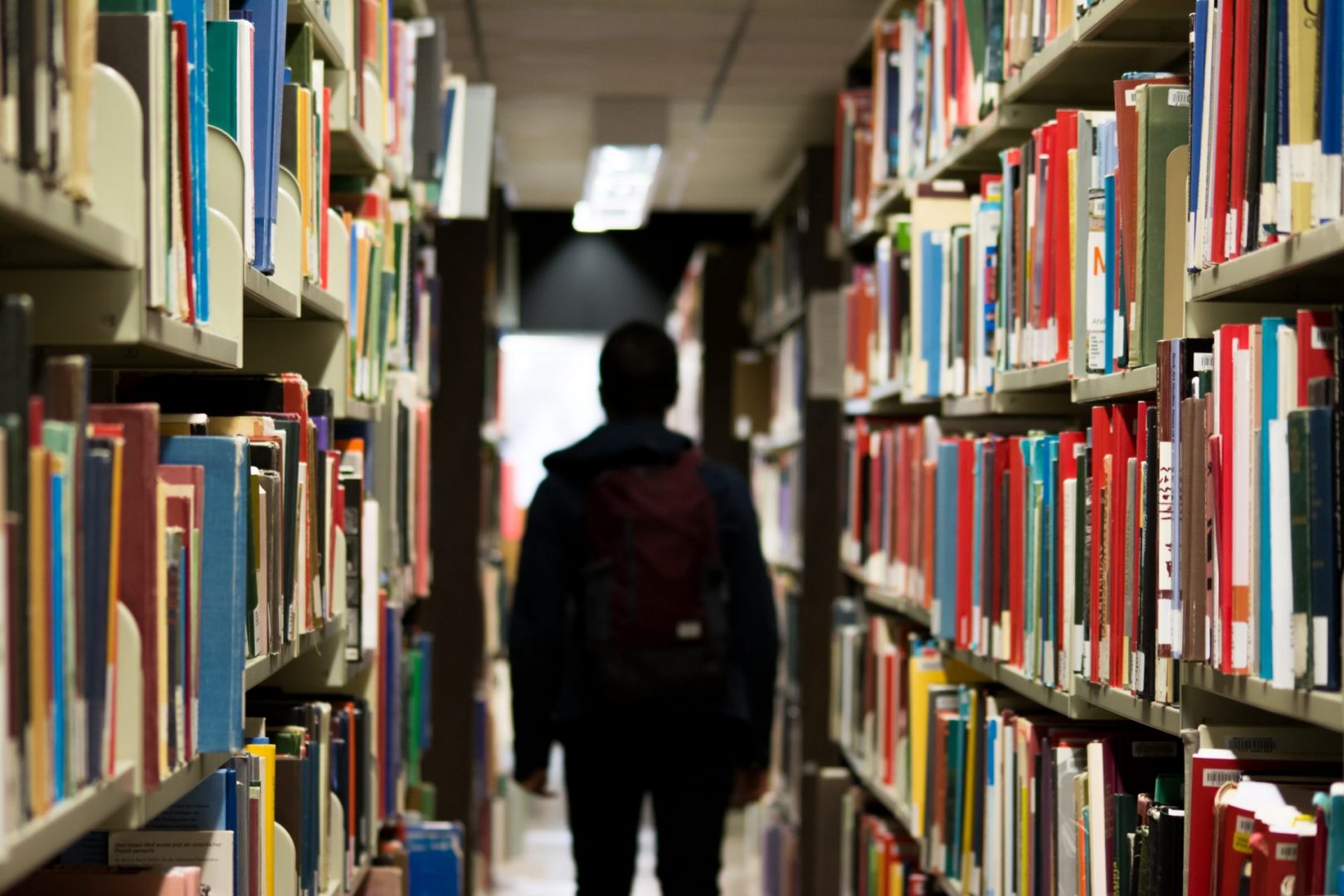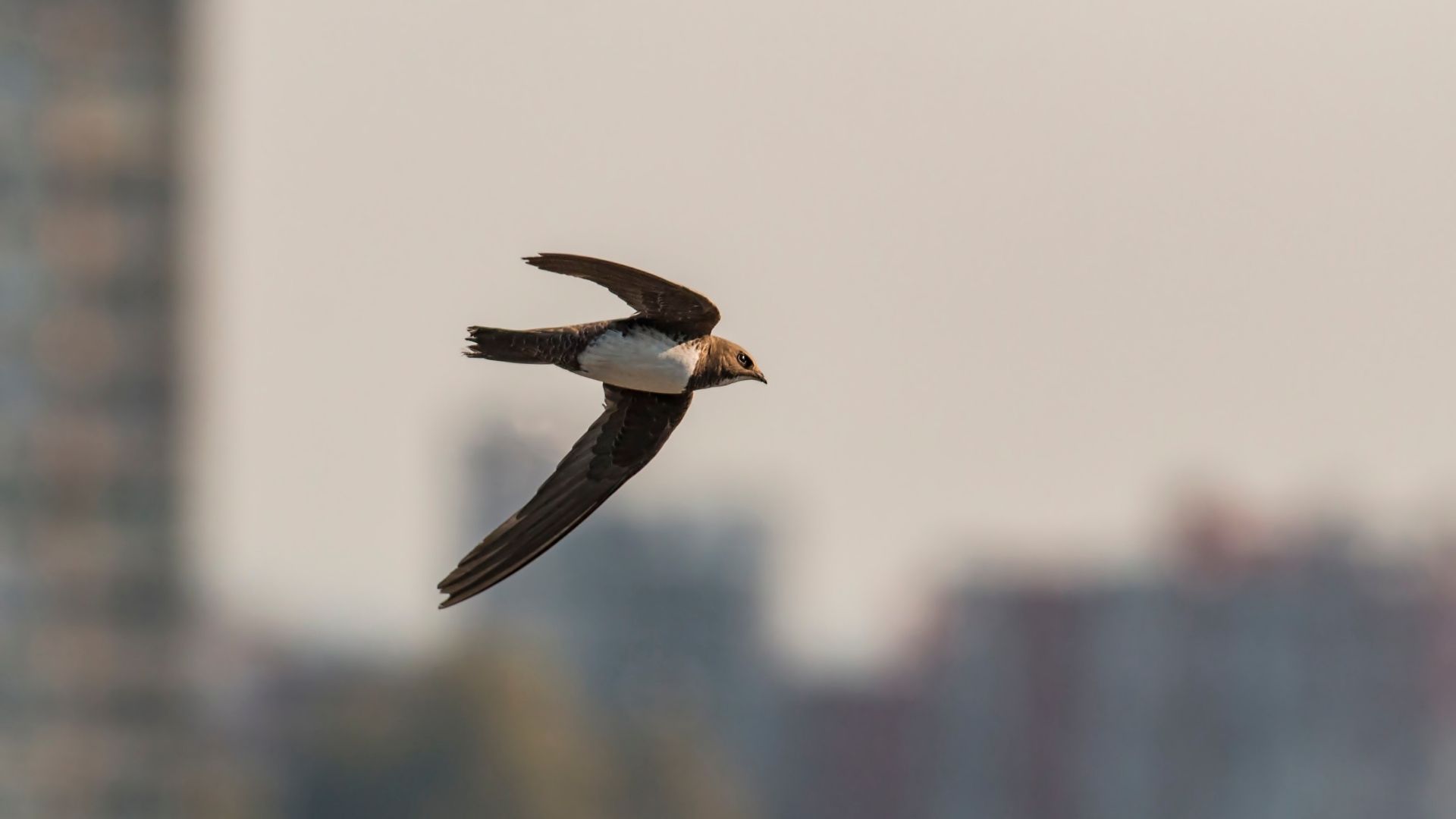
As we enter the latter stages of 2020 and attempt to reopen up our society the constant media reminder of what an awful year it has been only dampens any hope we have of returning to pre Covid times. Due to the vast amount of coverage Covid-19 has received in recent months, I begin to wonder has another, potentially more devastating crisis, been swept a-side and forgotten about, only for nature to remind us when it is all too late.
It is evident that the climate is changing and it is happening before our eyes. For instance, this year alone we witnessed extreme flooding in January and February, followed by very dry weather in the months of April and May where rainfall was below average while temperature levels were above average. Then, in what is commonly regarded as the ‘peak’ of summer in June and July, we experienced unseasonably strong winds along with heavy and prolonged rainfall. Due to these wild changes in weather from one extreme to another, we witnessed many landslides throughout the country, the most widely reported occurring in my own county Leitrim, costing millions of euro to repair the damage. More recently, storm Ellen and storm Francis caused damage throughout our small island causing extreme flooding and leaving thousands of businesses and homes without power for days. . They were described as exceptional storms for the month of August and are just two of many we have experienced this year.
Due to our heavy reliance on fossil fuels and not making the transition to renewable energy sooner, we as humans have found a way to engineer our own doomsday. We must now find a way to engineer our way out of it before extreme weather conditions become the norm during the lifetime of our children. If climate change continues at its present rate, global warming will reach 1.5°C above pre-industrial levels by 2040. This will result in increased rainfall levels in Ireland during the winter months and periods of drought during the summer.
For a country like Ireland that has considerably high annual rainfall, you would question why water conservation is even an issue. However, we are limited to how much water we can recycle from the environment and, due to our poor existing water infrastructure, we experience high levels of leakage and overuse of water in urban settings. This all accumulates to leave a substantial strain on our water system. It was clearly seen throughout the lockdown period when there was a greater demand for water during a lengthy spell of hot weather and a hosepipe ban was introduced, for the second time in two years.
We the people of Ireland have failed significantly in reducing our carbon emissions for 2020, which will not only attract a costly levy and but leave us playing catch up for 2030. We hear the term carbon footprint quite often in today’s world and how we need to reduce it. Likewise, we must now act to reduce our water footprint. We have all recognised the problems we face and their consequences, therefore we need to commit to making Ireland a leader in response to both water conservation and climate change.



